Don't Void Your Coverage! 5 Common Mistakes That Cancel Your Hyundai Warranty
Mistake #1: Skipping or Delaying Scheduled Maintenance
One of the most crucial aspects of maintaining your Hyundai's warranty is adhering strictly to the manufacturer's recommended maintenance schedule. Your owner's manual isn't just a suggestion; it's a roadmap to keeping your vehicle in optimal condition and, more importantly, keeping your warranty valid. Hyundai designs these schedules based on extensive engineering and testing, outlining when your car needs oil changes, tire rotations, fluid checks, filter replacements, and more comprehensive inspections. Neglecting these services, even for what seems like a minor delay, can lead to accelerated wear and tear on components.
If a component fails and it's determined that the failure was a direct result of skipped or delayed maintenance, Hyundai may deny your warranty claim. Imagine needing a major engine repair only to find out your warranty is void because you missed a couple of oil changes! Always keep detailed records of all your maintenance, including dates, mileage, and the services performed. Whether you go to an authorized Hyundai dealership or a certified independent mechanic, ensure you receive and retain receipts. This documentation is your proof that you’ve done your part in caring for your vehicle.
Mistake #2: Unauthorized Modifications and Aftermarket Parts
Personalizing your Hyundai can be exciting, but tread carefully when it comes to modifications and aftermarket parts. While your warranty generally can't be voided simply because you've installed an aftermarket part (thanks to the Magnuson-Moss Warranty Act), if that aftermarket part or an unauthorized modification *causes* a failure, Hyundai has the right to deny coverage for the resulting damage. For instance, installing a non-approved suspension lift kit could stress other components, leading to premature wear on axles or steering, which would then likely not be covered.
This also extends to engine tuning, exhaust modifications, or any changes that alter the vehicle's original design or operating parameters. If you're unsure whether a modification might impact your warranty, it's always best to consult with your Hyundai dealer first. Using genuine Hyundai parts for replacements and repairs is always the safest bet, as they are designed to meet your vehicle's exact specifications. When choosing aftermarket parts, ensure they are equivalent in quality and design to the original equipment manufacturer (OEM) parts.
Mistake #3: Ignoring Warning Lights and Minor Issues
Modern Hyundais are equipped with sophisticated diagnostic systems that alert you to potential problems through various dashboard warning lights. These lights are not just for decoration; they're critical indicators that something is amiss. Ignoring a check engine light, a low oil pressure warning, or a brake system alert is a recipe for disaster, both for your vehicle's health and your warranty. A small, easily rectifiable issue can quickly escalate into a catastrophic failure if left unattended.
For example, driving with a check engine light on, especially if it indicates a misfire, could lead to unburnt fuel damaging your catalytic converter, an expensive repair. If Hyundai determines that a major component failure was a direct consequence of you ignoring a warning light or a known minor issue, they could deem it owner neglect, thereby voiding coverage for the ensuing damage. Always address warning lights promptly by having your vehicle inspected by a qualified technician. Proactive action can save you significant time, money, and warranty headaches down the road.
Mistake #4: Using Incorrect Fluids or Non-OEM Parts for Critical Systems
Your Hyundai is engineered to operate with specific types of fluids and parts. This includes engine oil of a particular viscosity and specification, appropriate coolant, brake fluid, transmission fluid, and even the right type of fuel. Using fluids that don't meet Hyundai's specifications, or non-OEM parts for critical systems like brakes, filters, or belts, can have detrimental effects on your vehicle's performance and longevity. Incorrect oil, for example, might not provide adequate lubrication, leading to engine wear, while the wrong coolant could cause overheating or corrosion.
While the Magnuson-Moss Warranty Act allows you to use aftermarket parts, they must be of equivalent quality and design to the OEM parts. The burden of proof that the aftermarket part didn't cause the failure often falls on the consumer. To avoid any potential disputes and ensure optimal performance and warranty validity, it's always recommended to use genuine Hyundai parts or those explicitly approved by the manufacturer, and always adhere to the fluid specifications listed in your owner's manual. When in doubt, always consult your Hyundai dealership or a certified mechanic.
Mistake #5: Misusing or Abusing Your Vehicle
Hyundai warranties are designed to cover defects in materials or workmanship under normal driving conditions. They are not an insurance policy against misuse, abuse, or neglect. Activities such as racing, off-roading (if your vehicle isn't designed for it), overloading the vehicle beyond its specified capacity, or using it for commercial purposes without an appropriate commercial warranty can lead to a voided warranty. Even severe driving conditions that are not recommended in your owner's manual, or failing to maintain the vehicle appropriately for such conditions, can be grounds for denying a claim.
For example, if you consistently tow loads heavier than your Hyundai's rated capacity and experience transmission failure, it's highly likely that Hyundai will deny the warranty claim, attributing the damage to abuse. Similarly, engaging in competitive events, driving through deep floodwaters, or operating the vehicle after an accident without proper repairs, all fall under misuse. Always operate your Hyundai responsibly and within its intended design parameters. Refer to your owner's manual for specific limitations and recommendations regarding vehicle use.
Conclusion
Your Hyundai warranty is a valuable asset, providing significant protection against unexpected repair costs. By understanding and avoiding these five common mistakes – skipping scheduled maintenance, unauthorized modifications, ignoring warning lights, using incorrect fluids or parts, and misusing your vehicle – you can help ensure your coverage remains intact for years to come. Take the time to read your owner's manual, follow the recommended service schedule, and when in doubt, always consult your authorized Hyundai dealership. Protecting your warranty means protecting your investment and maintaining your peace of mind on every journey.Where can I find my VIN?

Related Topics
- Decoding the Coverage: What Does Your INFINITI New Vehicle Limited Warranty Really Protect?
- Is the Infiniti Extended Warranty Worth the Cost? A Deep Dive into the Elite Protection Plan
- Infiniti CPO vs. CPO Select: Comparing the Certified Pre-Owned Warranty Programs
- Protecting Your Investment: 5 Common Ways to Void Your Infiniti Warranty (and How to Avoid Them)

